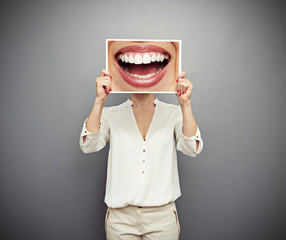
That’s true of the word gingivitis. Most of us have heard the term, but it’s not because of our exhaustive knowledge of dental terminology. More likely it’s because we have seen a bazillion Listerine commercials warning against the dangers of gingivitis unless you seek the aid of trusty Listerine.
But what actually is gingivitis? At Gentle Dental, we like educated patients, and, while gingivitis isn’t life and death, it is the start down a bad road for your oral health.
Gingivitis, beyond its scary name
Honestly, gingivitis is a perfect term for the Don Drapers of this world. Face it, the word sounds scary. The actual meaning, however, is fairly innocent. Gingivitis simply means gum inflammation.
Plaque is the main irritant of the gums. Plaque is the film that forms on the teeth throughout the day consisting of bacteria, bacterial waste products, food residue, and saliva. When you brush and floss you remove the plaque. Then it starts to rebuild, only to be removed again when you brush. Think of it as the movie Groundhog Day for your toothbrush. But if you neglect your oral hygiene the plaque can develop beneath the gumline, where it is very irritating to your gums. If allowed to stay there, the plaque hardens into tartar, causing more persistent irritation. And this is where things get dicey. Because while the term “irritation” sounds innocent enough, if this irritation is allowed to continue and progress, it leads to gum disease, clinically known as periodontitis. And periodontitis is not where you want to go with your gums.
What are signs of gingivitis?
Now that you’re an expert in all things gingivitis, how do you know when you have it? Said gum irritation is easy to spot. Your gums should be pink all over. Any bright red patches show irritation. Your gums should also lie flat against the teeth; inflamed gums tend to recede and pull away from the teeth. Your gums will also be prone to bleeding and this shouldn’t normally happen if you’re using a soft toothbrush. Bleeding is a sign of inflammation. And finally, as in the commercials, your breath will reek. The commercials get this part right — your bad breath is caused by bacteria that is being left to its own devices by your poor oral hygiene.
Now you know more about gingivitis than most advertising copywriters. That said, is it time to book your next cleaning and exam? Operators are standing by! Act now! OK, just kidding. But do call us at (732) 549-5660 to make your appointment.



